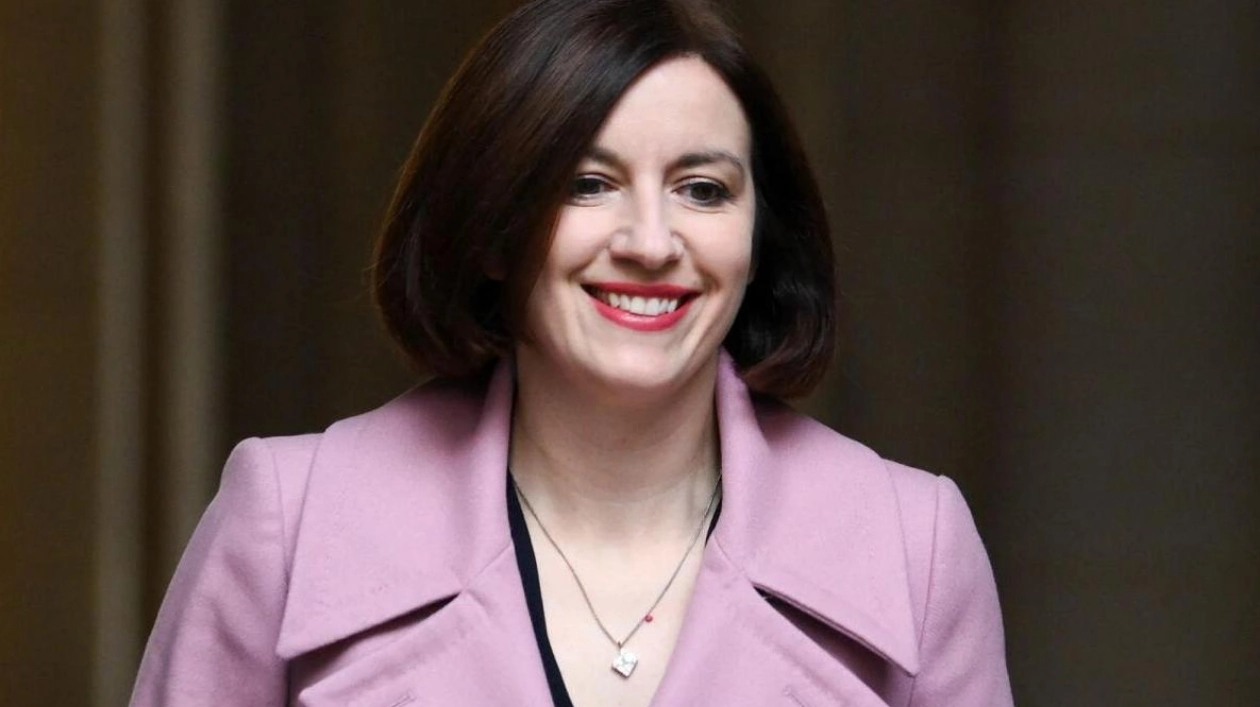Britain's Labour government on Monday announced an increase in university tuition fees in England for the first time in eight years, as higher education institutions face significant financial challenges. The three-percent rise is attributed to university leaders blaming a crackdown on immigration for limiting international student numbers, which were already affected by the UK's exit from the European Union.
The cap on tuition fees for domestic undergraduate students at English universities has been £9,250 ($12,000) since 2017. Education Secretary Bridget Phillipson informed parliament that the government plans to raise this amount by £285 to £9,535 from the next academic year. Phillipson emphasized that while the Conservatives avoided tough decisions, the current government is addressing the challenges head-on to stabilize higher education.
Labour, which came to power in July, has criticized the Tories for leaving various sectors, including the economy, health service, and prisons, in dire straits. Last week, the centre-left party announced significant tax hikes to raise £40 billion, marking its first budget in nearly 15 years. University tuition fees were initially introduced in Britain by former Prime Minister Tony Blair's Labour government in the late 1990s. In 2012, the Conservatives tripled the maximum fee to £9,000 and maintained the cap at £9,250 for seven years despite rising inflation.
Universities UK (UUK), representing 141 British higher education institutions, recently urged ministers to increase teaching funding in England by linking tuition fees to inflation. In September, UUK warned that all its members were experiencing financial strain due to visa restrictions for international students. Typically, international students pay higher tuition fees than domestic students and are a significant source of income for many institutions. However, under Rishi Sunak, the Tories imposed restrictions on overseas student visas, including banning many from bringing their families, as part of a broader crackdown on immigration.
Official statistics show that in the first four months of 2024, there were 30,000 fewer applications from overseas compared to the same period in 2023. Universities have been warning for months about the financial impact, with concerns that deficits could lead to course cuts and even closures. Sally Mapstone, president of UUK, reported in September that the sector's current deficit stands at £1.7 billion for teaching and £5 billion for research. The head of King's College London, Shitij Kapur, suggested that fees should be between £12,000 and £13,000 if they had kept pace with inflation.
Prime Minister Keir Starmer had pledged to abolish tuition fees during his Labour leadership campaign in 2020. The devolved administrations in Scotland, Wales, and Northern Ireland have control over education policies and set their own rates. In Scotland, most Scottish students do not pay tuition fees to attend a Scottish university.
Source link: https://www.khaleejtimes.com






